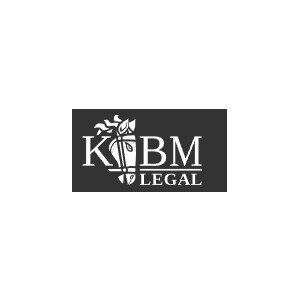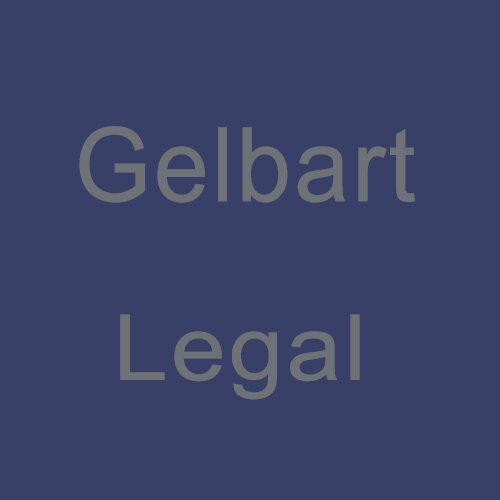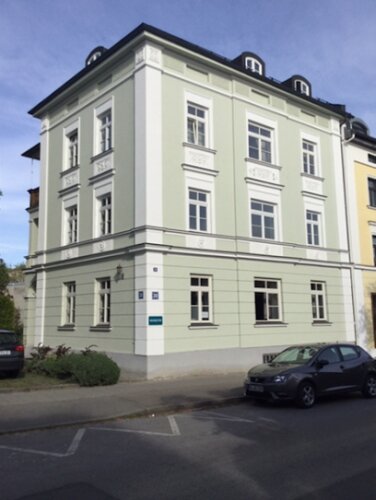Best Antitrust Litigation Lawyers in Germany
Share your needs with us, get contacted by law firms.
Free. Takes 2 min.
Or refine your search by selecting a city:
List of the best lawyers in Germany

About Antitrust Litigation Law in Germany
Antitrust litigation in Germany deals with disputes and cases that arise from violations of competition law. The primary goal is to ensure fair competition in the market and prevent anti-competitive practices such as cartels, price-fixing, abuse of market dominance, and unlawful mergers. German antitrust law is largely governed by the Act against Restraints of Competition (“Gesetz gegen Wettbewerbsbeschränkungen” or GWB), which implements European Union competition principles as well. Individuals, companies, and organizations can pursue civil actions for damages or seek injunctions against businesses that engage in unlawful competitive practices.
Why You May Need a Lawyer
Antitrust litigation can be highly complex, involving both national and EU competition law, economic evidence, and technical legal arguments. Common situations where people may require legal assistance include:
- Being affected by cartel agreements or price-fixing activities
- Experiencing unfair competition from dominant players abusing their market position
- Pursuing damages for losses suffered as a result of anti-competitive agreements
- Responding to investigations or dawn raids by competition authorities
- Receiving a statement of objections or fines from the Federal Cartel Office (“Bundeskartellamt”)
- Need for defense in civil lawsuits resulting from alleged competition law infringements
- Planning complex mergers or acquisitions that require competition law clearance
Local Laws Overview
Germany’s antitrust legal framework is mainly contained in the GWB. This legislation mirrors key provisions of European Union law, especially Articles 101 and 102 of the Treaty on the Functioning of the European Union (TFEU). The Bundeskartellamt is the principal national authority responsible for enforcing antitrust rules. Key aspects of local laws relevant to antitrust litigation in Germany include:
- Cartel prohibition: Agreements and coordinated practices that restrict competition are strictly forbidden.
- Abuse of dominance: Companies holding a dominant market position are prohibited from exploiting it in ways that hinder competition.
- Merger control: Mergers and acquisitions must be notified and cleared if certain turnover thresholds are met.
- Private enforcement: Victims of antitrust violations have a right to claim damages in civil courts.
- Leniency and fines: Companies can apply for leniency if they cooperate with investigations, but substantial fines may be imposed for breaches.
- Collective actions: Recent law reforms allow for more collective redress mechanisms for aggrieved parties.
Frequently Asked Questions
What is antitrust litigation?
Antitrust litigation refers to legal proceedings related to violations of competition law, such as cartels, abuse of dominance, and other anti-competitive conduct.
Who enforces antitrust laws in Germany?
The Federal Cartel Office (“Bundeskartellamt”) is the national authority in charge of investigating and enforcing antitrust laws. For EU-wide matters, the European Commission may also be involved.
Can businesses and individuals claim damages for antitrust violations?
Yes, both businesses and individuals harmed by anti-competitive conduct can pursue damages through the German civil courts.
Is private enforcement of competition law common in Germany?
Private enforcement has become more prevalent, especially after the implementation of the EU Damages Directive into German law, which made it easier to claim compensation.
What are the typical penalties for breaching antitrust law?
Violators can face significant administrative fines, potential damages claims, and reputational harm. Individuals may also face penalties in certain circumstances.
How do I know if I have a case under antitrust law?
If you suspect you have suffered a loss due to anti-competitive agreements or market abuse, it is advisable to consult a lawyer to evaluate your situation and possible claims.
What is a dawn raid?
A dawn raid is an unannounced inspection by competition authorities to gather evidence of suspected antitrust violations. Companies are legally required to cooperate.
How long does antitrust litigation usually take in Germany?
The duration can vary widely depending on the complexity of the case, but proceedings often take several months to several years.
Are there collective actions for antitrust damages in Germany?
Yes, legal reforms have made it easier to bring collective claims, especially in follow-on damages cases resulting from official competition investigations.
What steps can businesses take to prevent antitrust violations?
Companies should implement compliance programs, train employees on competition law, regularly review business practices, and seek legal advice when undertaking transactions or agreements that may affect competition.
Additional Resources
Germany offers several authoritative resources for antitrust matters. Helpful organizations and governmental bodies include:
- Federal Cartel Office (Bundeskartellamt) - Primary competition law watchdog and resource for guidelines and news
- European Commission Directorate-General for Competition - For EU-wide antitrust matters
- German Bar Association (Deutscher Anwaltverein) - For finding specialist antitrust lawyers
- Local Chambers of Commerce - Often provide practical guidance on compliance and business best practices
- Consumer protection groups - Offer support in class action or group litigation cases
Next Steps
If you believe you are involved in or affected by an antitrust issue in Germany:
- Document all relevant details, agreements, correspondence, and evidence related to your case or concern
- Consult with a lawyer who specializes in antitrust litigation to assess your position and risks
- Stay informed about investigations or proceedings that may impact your business or rights
- Monitor communications from the Bundeskartellamt or European Commission
- Participate fully in any regulatory or legal process, seeking expert advice every step of the way
Lawzana helps you find the best lawyers and law firms in Germany through a curated and pre-screened list of qualified legal professionals. Our platform offers rankings and detailed profiles of attorneys and law firms, allowing you to compare based on practice areas, including Antitrust Litigation, experience, and client feedback.
Each profile includes a description of the firm's areas of practice, client reviews, team members and partners, year of establishment, spoken languages, office locations, contact information, social media presence, and any published articles or resources. Most firms on our platform speak English and are experienced in both local and international legal matters.
Get a quote from top-rated law firms in Germany — quickly, securely, and without unnecessary hassle.
Disclaimer:
The information provided on this page is for general informational purposes only and does not constitute legal advice. While we strive to ensure the accuracy and relevance of the content, legal information may change over time, and interpretations of the law can vary. You should always consult with a qualified legal professional for advice specific to your situation.
We disclaim all liability for actions taken or not taken based on the content of this page. If you believe any information is incorrect or outdated, please contact us, and we will review and update it where appropriate.
Browse antitrust litigation law firms by city in Germany
Refine your search by selecting a city.












